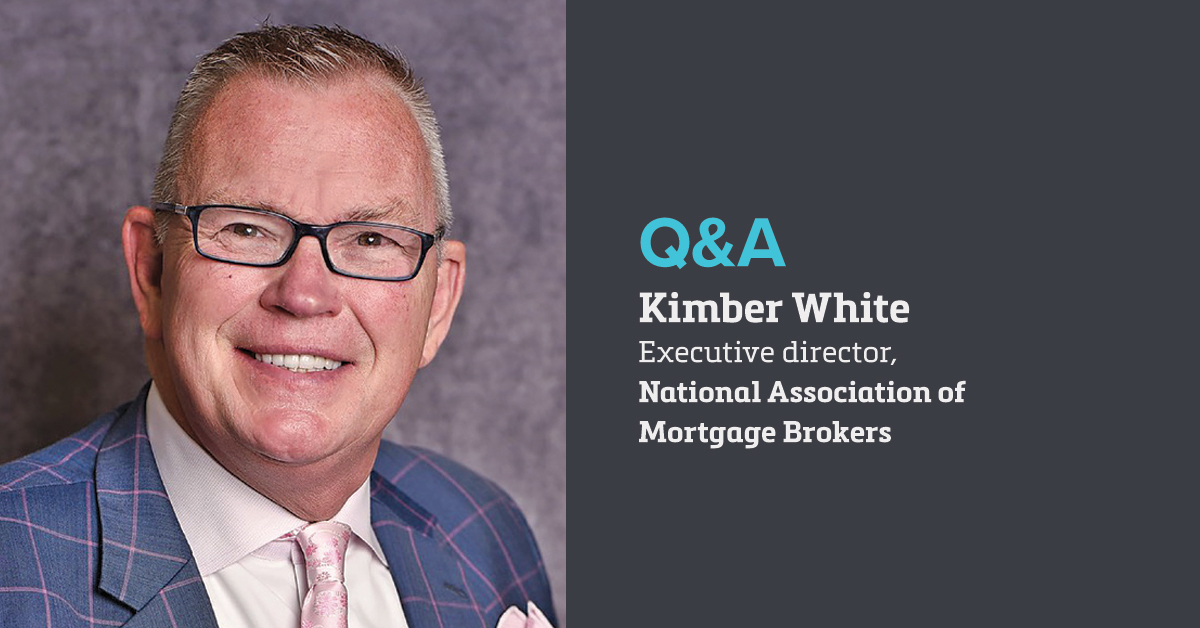The Federal Housing Finance Agency (FHFA) shocked the mortgage industry this past summer by announcing a half percentage-point “adverse-market refinance fee” on mortgages purchased by Fannie Mae and Freddie Mac.
The fee was set to take place on Sept. 1, only three weeks after the initial announcement. But industry advocates such as the National Association of Mortgage Brokers (NAMB), Mortgage Bankers Association (MBA) and others pushed back. FHFA relented and delayed the new fee until Dec. 1 of this year.
NAMB president Kimber White expects a showdown soon over another fee. His organization has issued a call to action on a proposed capital-rule requirement that would raise guarantee fees used to backstop mortgages through the government-sponsored enterprises (GSEs). These fees would help the GSEs raise capital to meet FHFA’s requirement to be released from conservatorship.
“The homeowner — and the mortgage and housing industries — should not be the piggy bank to capitalize these institutions,” White said. “Every time they’re looking to raise a fee, they seem to want to dip into the pockets of the consumer. It has to stop.”
White, who took over as NAMB president on Oct. 1, talked about these and other issues with Scotsman Guide.
What has the market been like for your members?
Everyone’s doing well off refinances in the industry. The purchase market for Florida and for a lot of the other states has been really hot. With these interest rates, it has been a great market for everyone. If you’re not busy now, you have a problem.
Are there any concerns on the horizon?
The half-percent adverse-market fee that Fannie and Freddie put on refinances has been delayed until Dec. 1, but it’s going to hurt the market. The proposed capital-rule requirement soon to be added by FHFA on all loans issued by Fannie or Freddie will have a direct negative impact to consumers.
We still are fighting to end it altogether. Again, that’s a consumer tax. The adverse-market fee that they’re talking about, when you look at the numbers and if you do your research, there’s not the kind of foreclosures [to justify it]. They’re projecting something that hasn’t happened.
It takes buying power away from borrowers. It slows our market, and it’s definitely going to slow the refinance market when people need to refinance and save money. People are just now getting back to work because of the pandemic. It’s bad timing.
With these interest rates, it has been a great market for everyone. If you’re not busy now, you have a problem.
What direction you would like NAMB to take this year?
No. 1 is to grow the membership and educate our members, and give them the tools they need. Another one is to continue our legislative fight, making sure that we protect the consumer, the mortgage broker and the small mortgage broker business originator.
A big initiative for me is fair housing. You hear about discrimination among minorities and there is discrimination, but there’s also a wealth-income gap. We need to bring groups together. We need to find programs and see how we can find a solution.
Explain the wealth-income gap.
The prices of homes are outpacing the average income. [With programs like] Fannie’s HomeReady and Freddie’s Home Possible, unless you’re over a 700 credit score and you’ve got a [debt-to-income ratio] below 40%, you’re not going to get an approved, eligible [application]. People either have to go to [Federal Housing Administration loans], put more money down or don’t buy a home. The programs for first-time homebuyers have been limited.
What else is on your mind?
Things are going to slow. The refinance business is going to go away. Rates are going to rise. It might not be in my presidency, but it’s going to happen. Most of these people who’ve gotten into our industry have gotten in during the good times. Are we ready for a downturn? Have we properly trained loan originators to help them survive a downturn? ●


